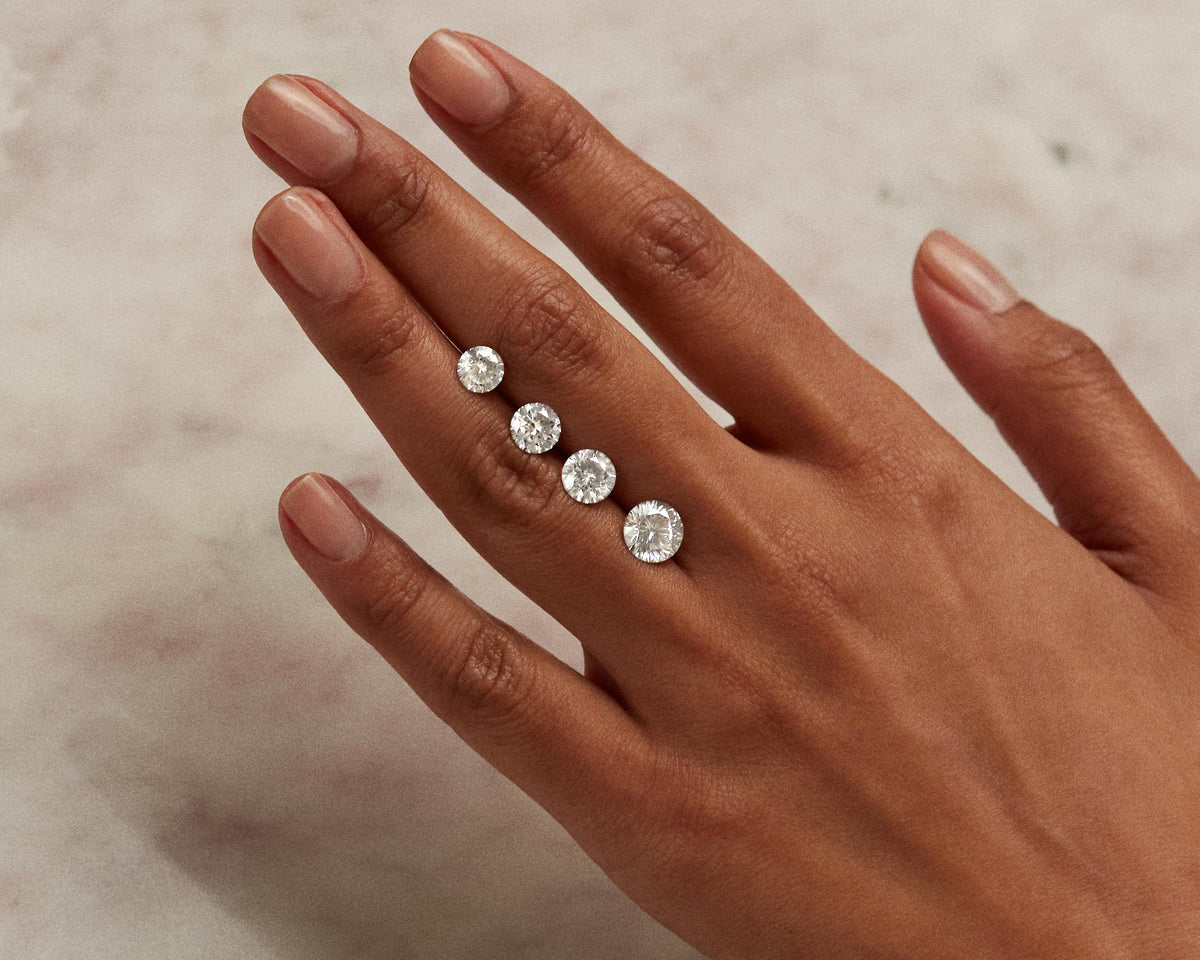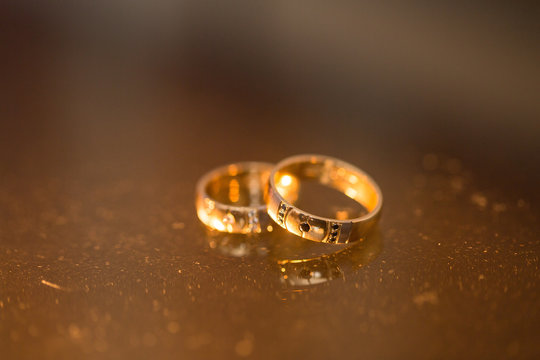
Introduction
When it comes to diamonds, there’s much more to consider than just their size and clarity. One of the most crucial factors influencing a diamond’s beauty and value is its cut. In this article, we’ll delve into the differences between good and very good cut diamonds, exploring what sets them apart and how these distinctions impact your diamond-buying decisions.
Importance of Cut Quality
The cut of a diamond refers to the precision with which it’s fashioned from rough stone to its final polished form. This aspect significantly influences the diamond’s brilliance, diamond cut good vs very good, fire, and overall sparkle. A well-cut diamond reflects and refracts light in a way that maximizes its beauty, making it appear more vibrant and dazzling.
Understanding Diamond Cut Grades
To assess a diamond’s cut quality, organizations like the Gemological Institute of America (GIA) developed grading scales. These scales categorize diamonds into different cut grades, ranging from poor to excellent. The GIA scale evaluates factors such as brightness, fire, scintillation, and weight ratio to determine a diamond’s cut grade.
Characteristics of a Good Cut
A diamond with a good cut exhibits ideal proportions and symmetry, allowing light to enter and exit the stone effectively. The facets are precisely aligned, and the diamond’s proportions optimize its brilliance and dispersion of light. A good cut diamond reflects light back to the observer’s eye, creating a stunning visual display.
Advantages of a Good Cut Diamond
Opting for a good cut diamond ensures superior light performance and overall aesthetic appeal. These diamonds showcase a balance of brilliance, fire, and scintillation, captivating onlookers with their radiance. Whether set in an engagement ring or a pair of earrings, a good cut diamond never fails to impress.
Exploring Very Good Cut Diamonds
Very good cut diamonds represent the next tier of cut quality, offering even greater precision and symmetry than their good cut counterparts. These diamonds exhibit exceptional light performance and sparkle, making them highly desirable among consumers seeking top-tier quality.
Factors Affecting Cut Grade
Several factors influence a diamond’s cut grade, including its depth, table percentage, and crown and pavilion angles. Diamonds with optimal proportions and angles achieve higher cut grades, maximizing their brilliance and beauty. Expert gemologists meticulously assess these criteria to assign an accurate cut grade to each diamond.
Diamond Cut and Price
The cut grade significantly impacts a diamond’s price, with higher cut grades commanding premium rates. Diamonds with good or very good cut grades typically carry higher price tags due to their superior craftsmanship and visual appeal. However, lab made diamonds, investing in a well-cut diamond ensures long-term value and satisfaction.
Choosing Between Good and Very Good Cut Diamonds
When faced with the choice between good and very good cut diamonds, consumers must weigh various factors, including budget and personal preferences. While very good cut diamonds offer exceptional quality, good cut diamonds can also provide excellent value and beauty, particularly for those with budget constraints.
Expert Tips for Diamond Buyers
For prospective diamond buyers, it’s essential to prioritize cut quality when making purchasing decisions. Look for diamonds with excellent symmetry, proportion, and light performance to ensure maximum brilliance and sparkle. Consulting with reputable jewelers and requesting gemological certificates can also aid in selecting the perfect diamond.
Common Mistakes to Avoid
When shopping for diamonds, avoid the mistake of solely focusing on carat weight or clarity while overlooking cut quality. A larger or flawless diamond may not necessarily exhibit optimal brilliance if its cut is subpar. Prioritize cut quality over other factors to ensure you’re getting the most visually stunning diamond for your money.
Real-Life Examples
To illustrate the difference between good and very good cut diamonds, let’s consider two hypothetical examples. In the first scenario, a consumer purchases a good cut diamond and is delighted by its brilliance and sparkle. In contrast, another consumer opts for a very good cut diamond and notices a remarkable difference in its light performance and overall beauty.
Customer Satisfaction and Feedback
Customer satisfaction plays a crucial role in the diamond-buying experience. Many buyers who choose good or very good cut diamonds express satisfaction with their purchases, praising the stones’ exceptional quality and visual appeal. Positive feedback from satisfied customers further underscores the importance of cut quality in diamond selection.
Conclusion
In conclusion, the disparity between good and very good cut diamonds lies in the precision and symmetry of their craftsmanship. While both categories offer exceptional beauty and brilliance, very good cut diamonds exhibit superior light performance and sparkle. When choosing a diamond, prioritize cut quality to ensure a timeless and breathtaking masterpiece that captures the essence of your love and devotion.



